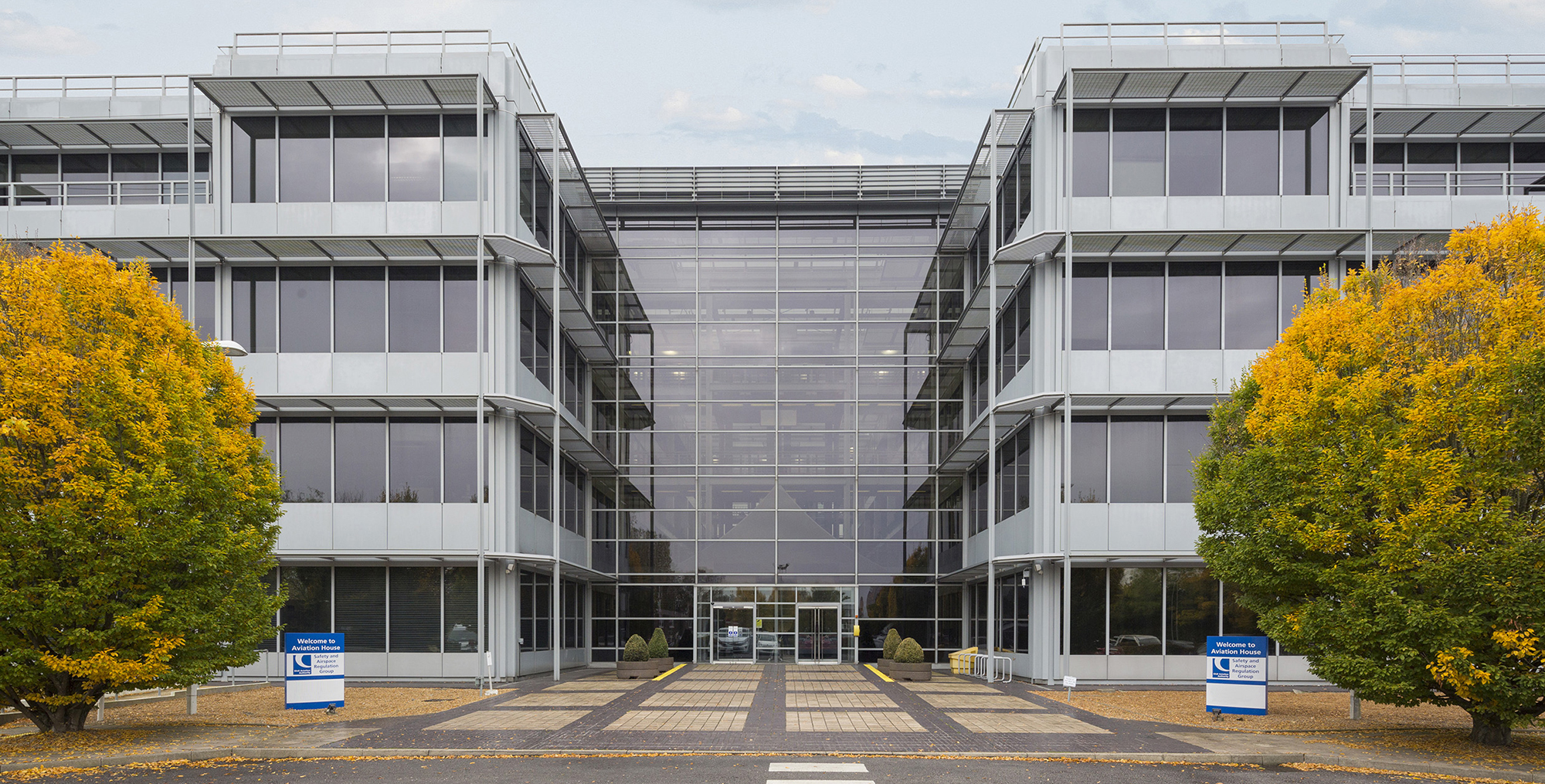The Civil Aviation Authority's GA Unit has continued to work to follow its remit of regulating only when necessary and deliver on our top-level principles for better GA regulation. Achievements over the past 3 months include:
- In preparation for the end of the EU transition period, we launched UK General Aviation opportunities after leaving EASA - a consultation. This consultation is an opportunity for the UK GA community to help develop the direction of future regulation and shape how we work more effectively together with our GA stakeholders. This will also help guide our work, helping determine our priority projects for the 2021 GA Change Programme. The consultation will close on 18 December 2020.
- To support airfields in the UK, we launched the new Airfield Development Advisory Fund. Managed by us and administered by ICF, a global consulting and digital services provider, UK airfields and associated business were able to apply for access to Government funded professional and business advice on a range of topics. By the end of December, successful applicants will have been notified and engagement work underway.
- We are administering a rebate scheme of up to £250 for new Electronic Conspicuity (EC) devices aimed at encouraging more adoption of EC within the UK's General Aviation (GA) and Unmanned Aircraft Systems (UAS) communities. The Department for Transport (DfT) has made this funding available with the scheme will open to applications from the 5 October 2020 until 31 March 2021 (or until the funding is used). Those meeting the requirements can claim a 50% rebate of the purchase cost of an EC device to a maximum of £250.00 (including VAT), per applicant. We anticipate up to 10,000 rebates will be available. In support of the we have also produced a special edition Clued Up magazine on EC.
- In June we published CAP1920 setting out our intentions to nationally regulate 450-600kg aeroplane types, that are not already certified under EASA, as microlights. Since then we have been working hard to implement this, collaborating with industry and the general aviation community. In September we formed two working groups looking at the airworthiness and flight crew licensing aspects. We have been exploring legislative amendments, proposing a temporary general exemption to bring the changes into force pending the proposed legislation coming into force; looking into changes to aircraft certification and design/production standards including considering possible interim arrangements; and discussing and agreeing changes to the microlight aeroplane syllabus and differences training guidance to reflect the larger aircraft. We have identified the critical changes needed for an effective and legal implementation, and against the competing demands of a successful EU transition, we are working hard to deliver those critical changes as early as possible in the first half of 2021.
The Autumn and Winter flying period have continued to be dominated by the impact of the Global Coronavirus pandemic. As the latest national lockdown has ended we have continued to provide guidance to the GA community.
Our activities include:
- An article on flight preparation for winter flying in light of the recent restrictions on GA flying
As we approach the end of the UK-EU Exit Transition period, we have continued to engage with the GA community helping to increase understanding of the possible changes we will face when we formerly leave EASA and the EU on 31 December 2020. These efforts have included:
- Hosting two live webinars for the GA community to hear updates on changes that will be coming. Due to the level of interest two separate sessions were hosted, resulting in 1800 GA community members engaging with the webinars.
Other areas of activity include:
- CAA Podcasts - CAA On Air - Episode 6 - Talking TEM (Threat and Error Management). Interview with two GAU colleagues who talk about TEM from their perspectives as active GA pilots
- Stay in Control safety campaign. We issued the latest guidance in our Loss of Control campaign. Guidance for angle of attack and how to avoid stalling.
Throughout this work we have sought to deliver on our top-level principles for better GA regulation to help create a vibrant and dynamic GA sector in the UK. These principles are:
- Only regulate directly when necessary and do so proportionately
- Deregulate where we can
- Delegate where appropriate
- Do not gold-plate, and quickly and efficiently remove gold-plating that already exists
Sophie-Louise O'Sullivan, Interim Head of the CAA's GA Unit said, “As 2021 fast approaches, I look forward to the opportunities of next year and the UK-EU Exit transition work we are undertaking to ensure the UK remains a great place for general aviation flying.”

